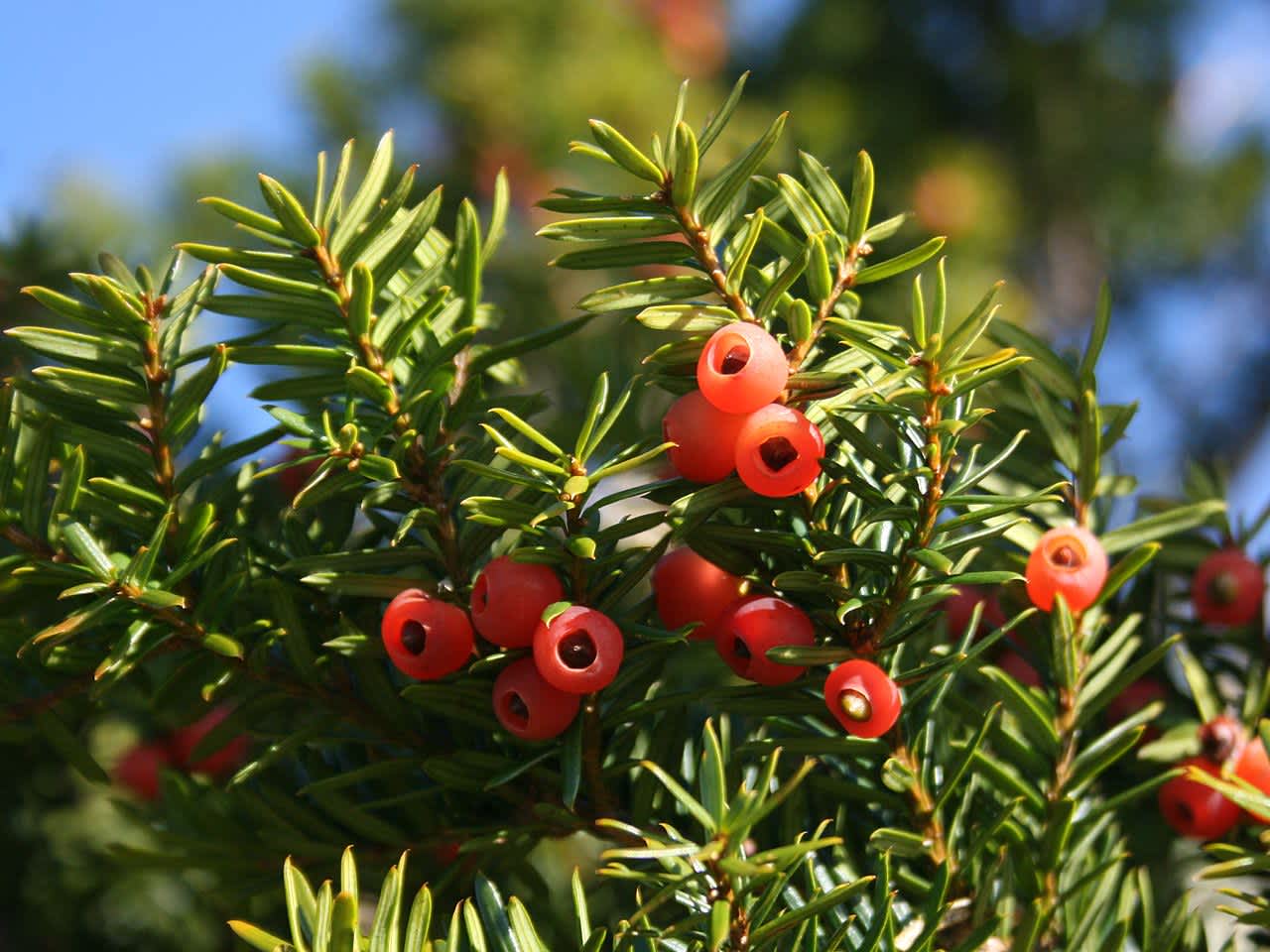Idaho Officials Report Elk Deaths from Toxic, Exotic Plant
OutdoorHub Reporters 01.05.16

If you see one of these plants around, make sure you keep children and pets far away from it. The Japanese yew, also known as the spreading yew, is a highly toxic plant that packs more than enough poison to kill an adult horse, elk, dogs, and people. The Idaho Fish and Game reported recently that 10 elk died in Magic Valley as a result of consuming yew bushes in a local cemetery. The elk moved there after being pushed in by high snowfall, and with little options for food, resorted to eating the toxic plant.
“It is one of those years, we have a lot of elk and we have our first normal snow levels in the past five years and elk are being pushed into the valley and getting into trouble,” Daryl Meints, Magic Valley Fish and Game Regional Wildlife Manager, said in a press release. “Japanese Yew is known to be extremely toxic. This has happened before in the Wood River Valley and other places around the state to both elk and moose.”
Despite their high toxicity, Japanese yew plants are still commonly used for decorative purposes. According to the Idaho Mountain Express, the non-native plant was originally planted in the cemetery last spring as hedges. Following the discovery of the dead elk, workers removed the plant from the premises.
“It was a cooperative effort between the city, Fish and Game and some of the landscaping companies,” said cemetery district board chair. Ray Grosvenor. “It was very upsetting to everybody. When we do stuff out here we’re trying to get food for the wildlife. The only bright side is that we saved the rest of the herd.”
Japanese yews are considered one of the most toxic plants in North America, even more so than other species of yew. According to experts, ingestion of the plant can cause death within as little as 15 minutes due to sudden heart failure, and even nonfatal symptoms can include tremors, difficulty breathing, and seizures.
Surprisingly, the plant seems to have no adverse effect on whitetail deer. The berry of the Japanese yew is also edible, although few dare risking eating it since it has only a mild flavor and the seed is still highly toxic. Human deaths from yew consumption are rare and usually only occur after accidentally ingesting the plant.

